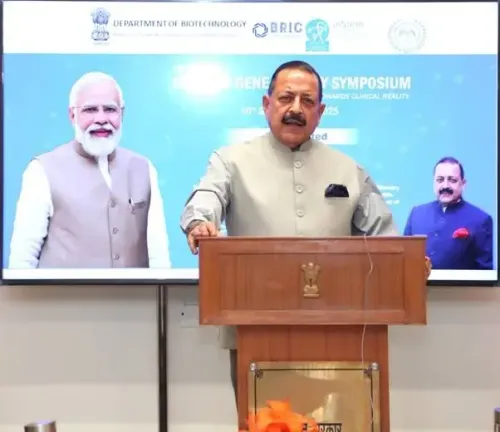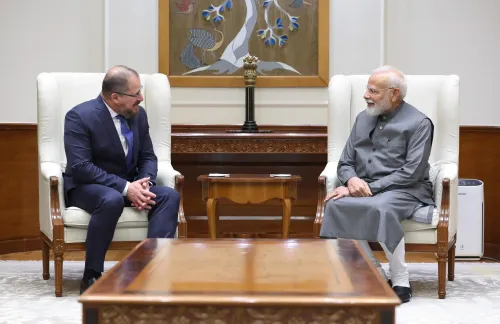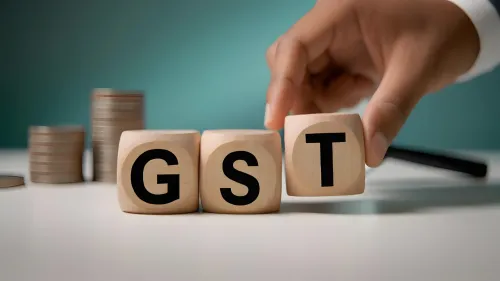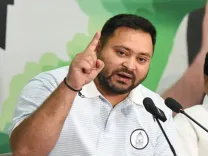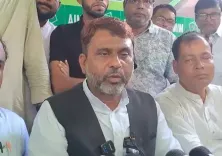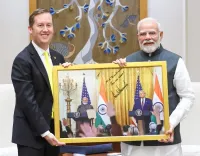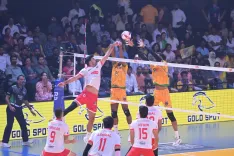Can South Korea and the EU Find Common Ground on Steel Trade?

Synopsis
Key Takeaways
- Trade Minister Yeo Han-koo emphasizes the need for constructive dialogue with the EU.
- The EU's new steel measures could adversely affect Korean steelmakers.
- South Korea calls for fair trade considerations as an FTA partner.
- Ongoing discussions aim to address the challenges posed by the proposed tariffs.
- Commitment to low-carbon initiatives remains a priority for South Korea.
Seoul, Oct 11 (NationPress) The trade minister of South Korea has called upon the European Union (EU) to pursue a friendly and constructive solution concerning the bloc's newly introduced measures that aim to overhaul the current steel safeguard regulations. His office expressed concerns on Saturday that these new policies could adversely affect Korean steelmakers.
During a bilateral discussion with Maros Sefcovic, the EU's commissioner for trade and economic security, Trade Minister Yeo Han-koo conveyed these sentiments on Friday (local time) in Gqeberha, South Africa, during the Group of 20 (G20) Trade and Investment Ministers' Meeting, as well as the Global Forum on Steel Excess Capacity (GFSEC), according to a report by Yonhap news agency.
Minister Yeo emphasized his apprehensions regarding the EU's proposed tariff-rate quota system, which would significantly lower import quotas and increase tariffs, thereby creating heightened uncertainty for Korean steel exporters.
"South Korea is aligned with the principles of a multilateral free trade system and has collaborated closely with the EU to tackle global steel excess capacity through platforms like the GFSEC," Yeo stated. "It is crucial that the upcoming measures do not compromise free and fair trade between Korea and the EU, and that we strive to find a harmonious resolution."
He further pointed out that as an FTA partner with the EU since 2011, South Korea deserves special consideration compared to non-FTA nations, advocating for adequate quota allocations to sustain existing trade volumes.
The two parties concurred to persist in their discussions regarding this issue.
At the GFSEC gathering, Yeo articulated his concerns about the obstacles that the global steel industry is facing, reaffirming South Korea's commitment to cooperation through fair trade and low-carbon initiatives. In the G20 meeting, he also advocated for enhanced plurilateral collaboration in light of the challenges confronting multilateral trade frameworks.
Additionally, Yeo Han-koo met with European Trade and Economic Security Commissioner Maros Sefcovic on the sidelines of the G20 ministerial conference in South Africa and the GFSEC.
This marked their initial meeting since the EU announced plans on Tuesday to reduce its annual tariff-free steel import quota by 47 percent to 18.3 million tons and to increase the tariff rate on imports exceeding this quota to 50 percent.

